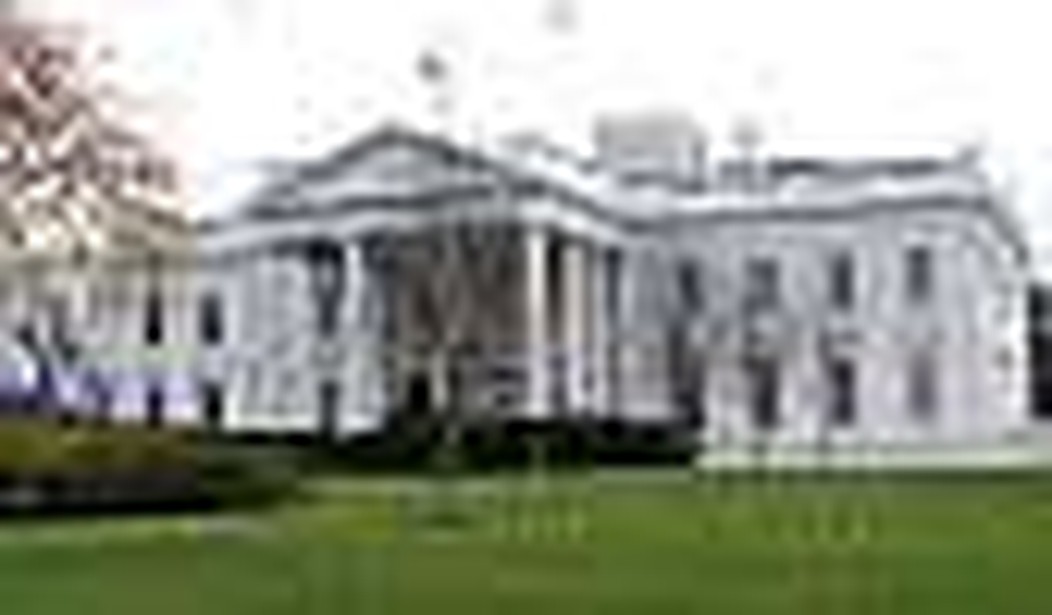Baitullah Mehsud is confident about the success of his targeted assassinations. Before the 35-year-old Taliban commander in Pakistan sends out a death squad to murder an individual, rumor has it he sends the intended target a needle and thread to sew his own burial shroud. Those targeted under his command allegedly include a former head of state (Benizir Bhutto), pro-government tribal leaders, and Pakistani police, army, air force, and intelligence agency officials.
Cloistered, elusive and, until recently, unknown to most of the world, Mehsud’s photograph on the Rewards for Justice website is just a black silhouette. Up until this week, Mehsud didn’t give interviews or allow his picture to be taken. But on Monday, Mehsud switched tactics and telephoned the BBC, the Associated Press, and a local radio station called Dewa and vowed to attack Washington D.C. In doing so, the ambitious terror leader went as public as it gets.
“Soon we will launch an attack in Washington that will amaze everyone in the world,” Mehsud told an Associated Press reporter over the telephone. He didn’t offer details but later told Dewa that the White House was his target.
Mehsud is angry that the U.S. is having equal if not greater success with its targeted assassinations — in his own backyard. In the tribal region of northern Pakistan where he lives, Mehsud is the reigning warlord — or at least he is supposed to be. According to Stratfor, a private intelligence forecasting company, “by some accounts, Mehsud [has] amassed an armed following numbering as high as 20,000 or even 30,000, and has dozens if not hundreds of trained suicide bombers at his disposal.”
His deadly power became evident on Monday, when a suicide squad attacked the police academy in Lahore, killing at least 12 people including seven policemen. After an eight hour standoff, Pakistani commandos stormed the compound. Mehsud’s terror operatives then blew themselves up. Of the attack, Mehsud told the BBC: “We wholeheartedly take responsibility for this attack and will carry out more such attacks in future.” He called it “revenge for the [U.S.] drone attacks in Pakistan.”
The Predator drone has taken out dozens of al-Qaeda and Taliban operatives in Pakistan’s tribal areas. At least two Predator strikes targeted a safe house in Mehsud’s hometown of Makeen, where he was believed to be hiding out in the third week of March (see Bill Roggio’s reporting in the Long War Journal).
In a land where anonymity provides the best security, why would Mehsud go public? For starters, he’s being squeezed. Pakistan intelligence agencies have begun an effective psychological warfare campaign against Mehsud, with local papers reporting on his power struggles with Afghan Taliban and his alleged cooperation with Pakistan’s security forces. As recently as February, Pakistan’s Business Recorder stated: “Chief of Tehrik-e-Taliban Pakistan (TTP) Baitullah Mehsud has stopped his support in strategic planning and training to Taliban groups, operating in different areas of Fata and Swat.” Cutting off the hand that has fed him is a potential death sentence for Mehsud.
While this information is almost certainly untrue, it is an effective way to create mistrust between two terrorist groups — the Afghan Taliban and the Pakistani Taliban — already suspicious of one another over allegiance and goals. It paves the way for dissent within Mehsud’s ranks and makes room for snitches to provide information about their leader’s exact whereabouts, which is the necessary first step in locating him with a Predator drone.
In vying for pole position among competing Taliban warlords, perhaps Mehsud recognized that by securing a place in the press he might also secure his place in the terrorist hierarchy. How quickly up-and-coming terrorists forget the actions of other narcissistic terrorist leaders who lived and died before them. Remember Abu Masab al-Zarqawi? His barbaric videotaped beheadings made him a public figure throughout the world, but someone snitched and U.S. airstrikes killed him.
One more important question remains. Can Mehsud’s deadly assassins — committing low-technology attacks using handguns, grenades, and suicide vests — really reach Washington, D.C.?









Join the conversation as a VIP Member